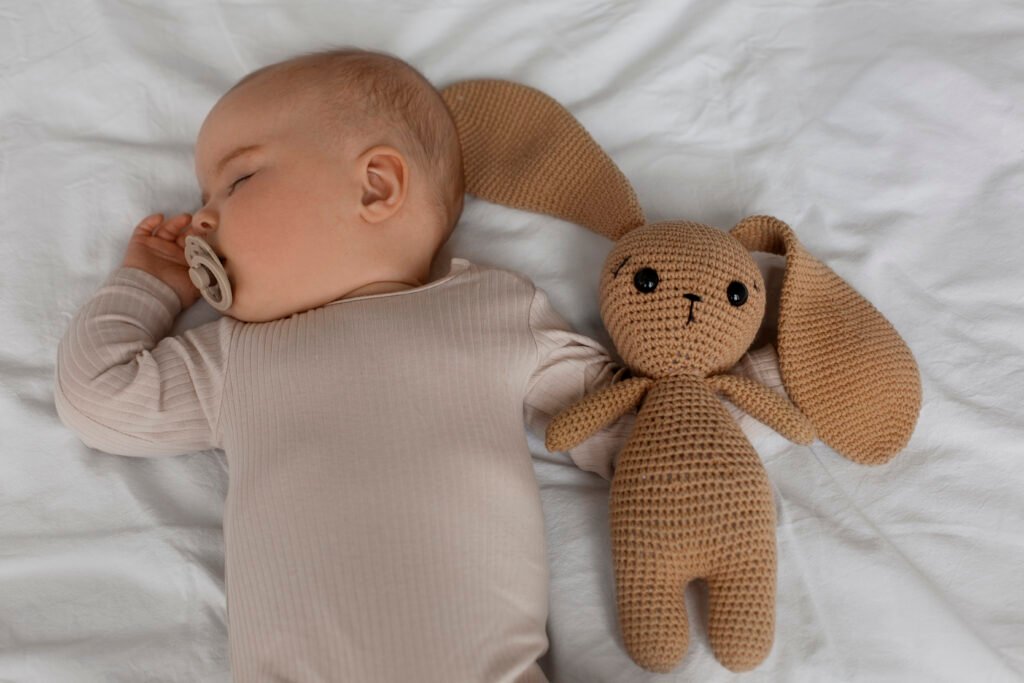
As parents, we all want better sleep for our children with having to resort to Sleep Training. Sleep is a crucial aspect of a baby’s development, and understanding their sleep needs is essential for new parents. Babies spend a significant amount of time sleeping, and their sleep patterns change rapidly during the first year of life. As a parent, it’s essential to be aware of the different sleep training methods and techniques to help your baby develop healthy sleep habits. Traditional sleep training methods, such as cry it out, can be effective, but they may not be suitable for every family. Gentle sleep training methods, on the other hand, focus on establishing a bedtime routine and creating a sleep-conducive environment to help your baby fall asleep and stay asleep.

Babies have different sleep needs at various stages of their development. Newborns, for example, sleep for short periods and wake up frequently to feed. As they grow, their sleep patterns change, and they start to sleep for longer periods. Understanding these changes is crucial to help your baby sleep better. The American Academy of Pediatrics recommends that babies at 4-11 months old have 12-15 hours of sleep in a 24-hour period. It’s also essential to be aware of the different sleep cycles and how they affect your baby’s sleep. A sleep cycle typically lasts for 30-45 minutes, and babies go through several sleep cycles throughout the night. During each sleep cycle, your baby’s brain goes through different stages of sleep, including light sleep, deep sleep, and REM sleep.
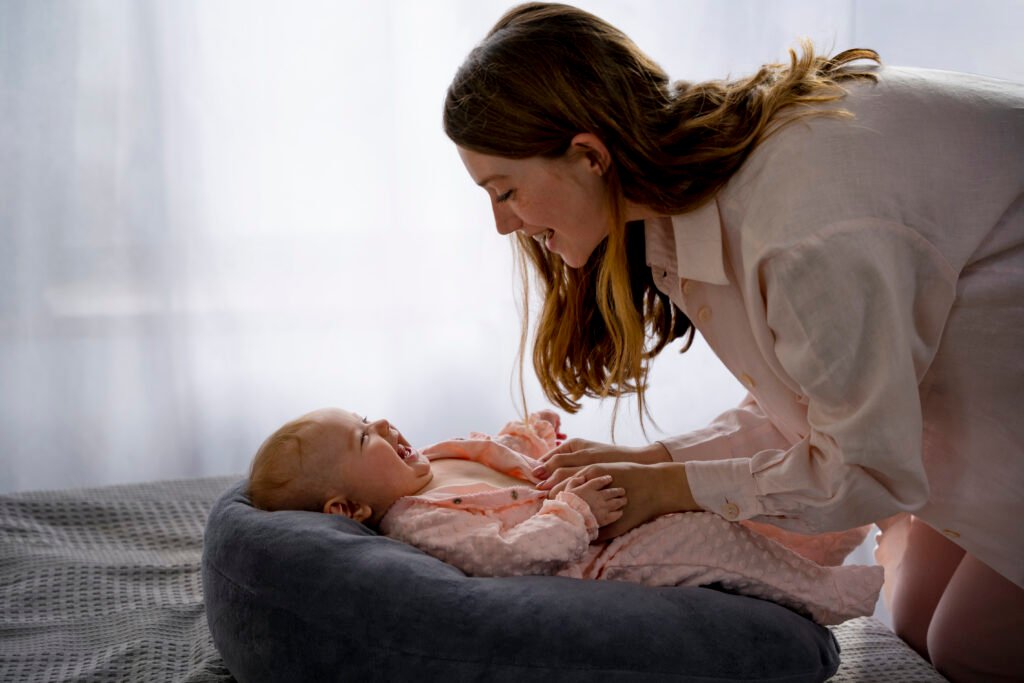
Establishing healthy sleep patterns is crucial for your baby’s development and can help prevent sleep problems later on. One way to do this is by creating a bedtime routine that includes activities like bath time, reading, and singing. A consistent bedtime routine can help your baby learn to self-soothe and fall asleep independently. It’s also essential to create a sleep-conducive environment, such as a dark, quiet, and cool room, to help your baby sleep better. Additionally, be mindful of your baby’s sleep associations, such as associating sleep with feeding or rocking, as these can make it challenging for your baby to fall asleep independently
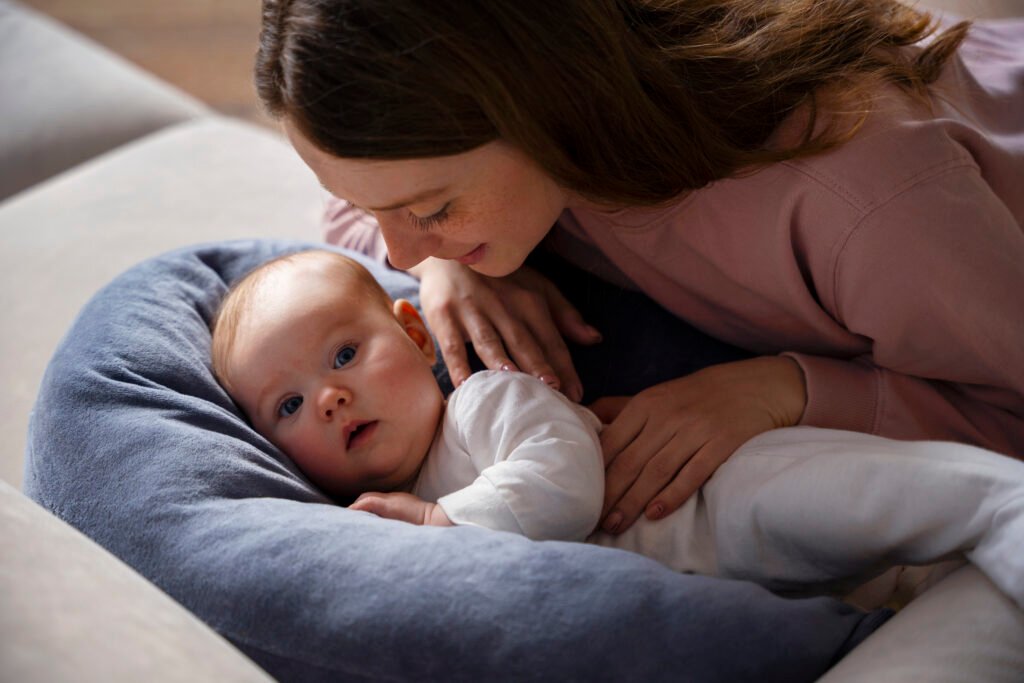
Personalized guidance for peaceful parenting.
Traditional sleep training methods, such as cry it out, can be effective, but they may not be suitable for every family. Techniques like controlled crying, which involve allowing a baby to cry while checking in at intervals, can also be challenging due to the emotional toll of hearing your baby crying.
Gentle sleep training methods, on the other hand, focus on establishing a bedtime routine and creating a sleep-conducive environment to help your baby fall asleep and stay asleep. These methods often avoid letting the baby cry, which can be less stressful for parents who find it difficult to listen to their baby cry during the night.
Supporting you and your baby through every stage with expert, compassionate guidance to help your family thrive.

Grounded in child development principles to support your baby’s unique needs. Understanding various infant sleep patterns and selecting an appropriate sleep training method can help parents manage sleep challenges effectively.

Tailored strategies that fit your family’s lifestyle—no rigid schedules or “cry-it-out” methods. Gentle sleep training advocates believe it is natural for babies to seek closeness with their parents, and selecting a method that aligns with your parenting style is essential for success.
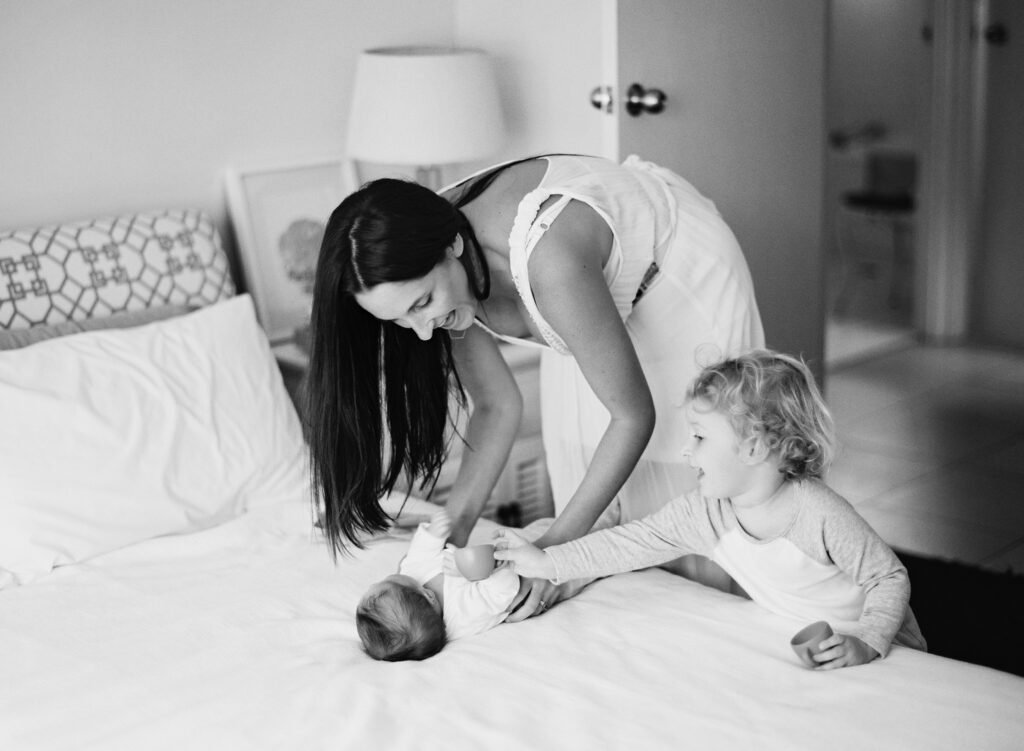
Gain insights and routines that bring calm, consistency, and connection to your parenting journey. Explore the ideas behind various sleep training methods and decide which approach best suits your family’s needs.
Booking a consultation is an excellent way to get personalized advice on how to help your baby sleep better. During the consultation, you can discuss your baby’s sleep patterns, including their sleep schedule, bedtime routine, and any sleep associations they may have. You can also learn about different settling techniques, such as the chair method, and how to create a sleep-conducive environment. A consultation can also provide you with the opportunity to ask questions and address any concerns you may have about your baby’s sleep. By seeking professional help, you can gain a better understanding of your baby’s sleep needs and develop a plan to help them sleep better, which can have a positive impact on the whole family.

Receive gentle, expert guidance on creating a nurturing routine that supports your newborn’s sleep and development—without rigid schedules or outdated methods. Learn techniques involving your baby’s crib, such as the ‘chair method,’ to help your baby self-soothe and transition smoothly into the next sleep cycle.

Empower your parenting with flexible, science-backed routines tailored to your baby’s unique needs, fostering connection and restful sleep.
Our expert consultations can help you sleep train your baby, addressing common challenges in baby’s sleep and promoting healthy sleep habits.
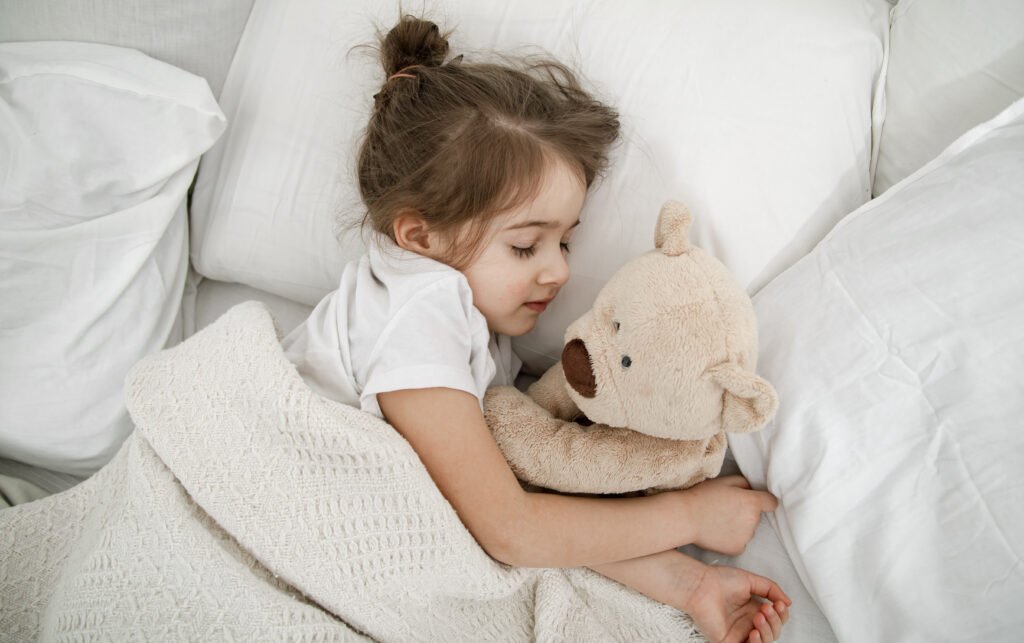
Navigate toddler sleep challenges with compassionate support and practical strategies that build confidence, structure, and resilience for your growing child. Addressing the unique sleep needs of toddlers, including managing naps, can significantly improve their overall sleep quality and reduce night awakenings.

Get personalized guidance to address sleep and routine challenges for both your baby and toddler, creating harmony and restful nights for the whole family. With expert advice, you can achieve more sleep for your baby, even if they are having trouble during sleep regression.
Book a free 15-minute call to explore the best support for you and your family.

You deserve a smoother, calmer routine—and now’s the perfect time to grab the tools that help.
From settling support to sleep saviours, we’re giving you up to 50% off some of our most-loved essentials